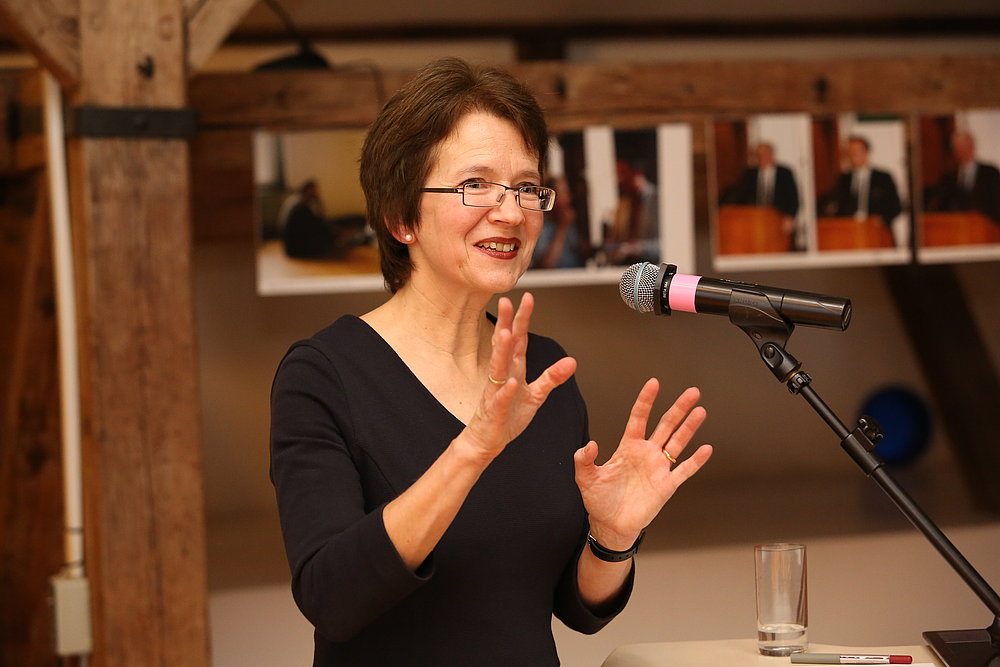Church loses moral voice on abortion
In Birgit Aschmann's view, there is no crumbling Catholic "front" against abortion. The Church's statements on the subject are related to the protection of life - and the tradition of wanting to control women's bodies.
As a historian, I am always amazed at how much of the 19th century is in the present. Currently, the fact that women are sharing prescriptions for herbal abortion drinks in response to the Supreme Court's decision in the US, as they did in its time, is concerning. With the repeal of Section 219a of the German Penal Code, however, the debate on abortion has been reignited in this country as well. In the meantime, even Section 218 (and thus the worldwide unique pregnancy conflict counselling model) is up for discussion.
There is much to suggest that, given the relatively strong parliamentary consensus culture (in international comparison), the debate will not take on the intensity of the debates overseas. This is something that Catholics in particular should strive for. Giving the impression of moral "militancy" would be the last thing that would serve Catholicism. Metaphors such as those in the Herder-Korrespondenz, according to which a "front" is now crumbling, are also of little use, let alone coherent. Surveys in the 1970s and 1980s showed that the majority of West German Catholics voted for positions that were not in line with those of the Church's Magisterium and the statements of the German Bishops' Conference (DBK) and the Central Committee of German Catholics (ZdK). However, this majority remained silent in the media, while organised Catholicism loudly gave the impression of being a "front".
It would be wrong to assume that this constellation could be repeated today. For firstly, the campaigns were not pleasant even then, recognisable from the frighteningly widespread comparisons with the Holocaust. Secondly, after the abuse scandal, it is not to be expected that the Church will still be heard as a moral agency. And thirdly, the perspective of those affected was missing at the time. The statements on abortion were and are not only in the context of the protection of unborn life, but also in a long, quite dark tradition of the church to want to control women's bodies. Both strands of discourse must be taken into account. The fact that a female ZdK presidium is setting new emphases here is just as expected as it is correct.
Birgit Aschmann is a leading historian and a member of the Synodal Assembly of the Synodal Path.










.jpeg)

Comments